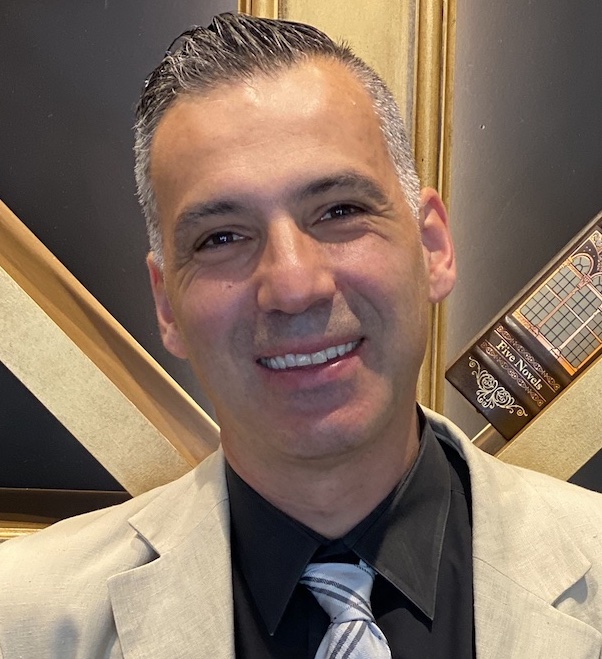CS Colloquium Series @ UCY
Department of Computer Science - University of Cyprus
The Department of Computer Science at the University of Cyprus holds research colloquiums and social hours approximately once weekly. All university students, faculty, and staff are invited to attend. Notifications about new and upcoming events are automatically disseminated to a variety of institutional lists.
If you don't receive these notifications, but want to get informed about upcoming colloquium announcements, you can do the following:
Colloquium Coordinator: Demetris Zeinalipour
Colloquium: From the Internet hourglass architecture, to the mouse brain, and to deep learning, Prof. Constantine Dovrolis (Georgia Institute of Technology, USA), Tuesday, October 26, 2021, 16:30-17:30 EET.
The Department of Computer Science at the University of Cyprus cordially invites you to the Colloquium entitled:
From the Internet hourglass architecture, to the mouse brain, and to deep learning
 |
Speaker: Prof. Constantine Dovrolis |
Abstract:
Complex systems, both living and artificial, can often be represented as large and dynamic graphs. Network science is a discipline that investigates the topology and dynamics of such graphs aiming to understand the architecture, function and evolution of the underlying systems.
This presentation will discuss how our group has utilized network science in three seemingly different areas with common architectural constraints and objectives:
1. The hourglass organization of evolving hierarchical dependencies,
2. Multi-sensory integration in the mammalian brain,
3. The design of sparse deep neural networks that can learn fast and generalize well.
The talk is designed for a general CS/EE audience with no prior background in network science, neuroscience or deep learning.
Short Bio:
Dr. Constantine Dovrolis is a Professor at the School of Computer Science at the Georgia Institute of Technology (Georgia Tech). He is a graduate of the Technical University of Crete (Engr.Dipl. 1995), University of Rochester (M.S. 1996), and University of Wisconsin-Madison (Ph.D. 2000). His research combines Network Science, Data Mining and Machine Learning with applications in climate science, biology, neuroscience, sociology and machine learning. More recently, his group has been focusing on neuro-inspired architectures for machine learning based on what is currently known about the structure of brain networks.
Note:
Participants need to have a valid safe pass and wear a mask for the entire event.